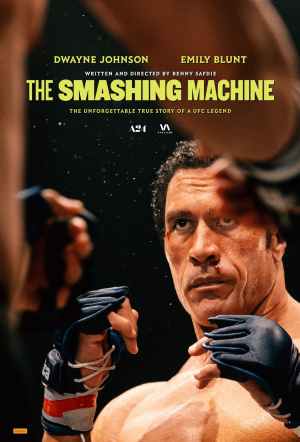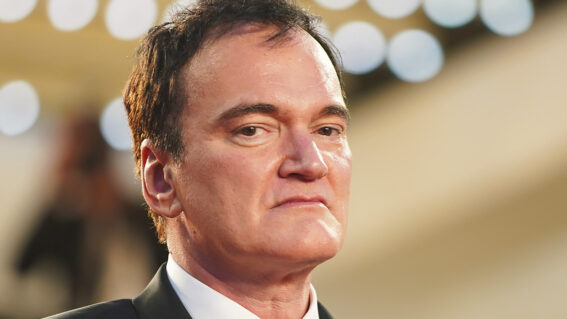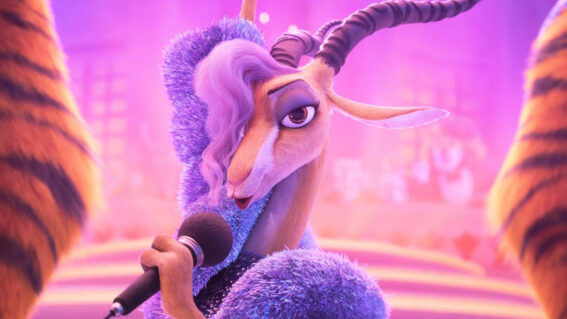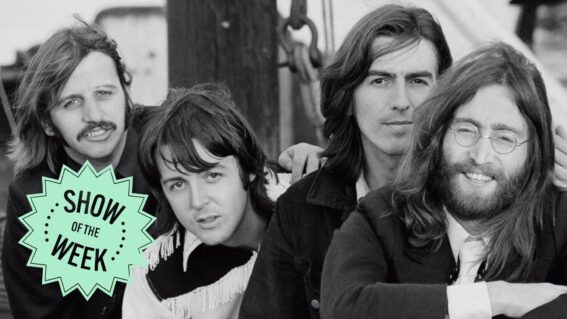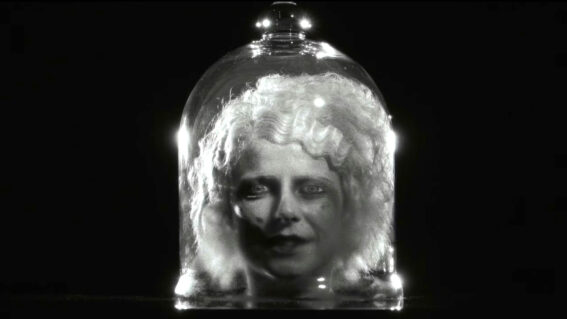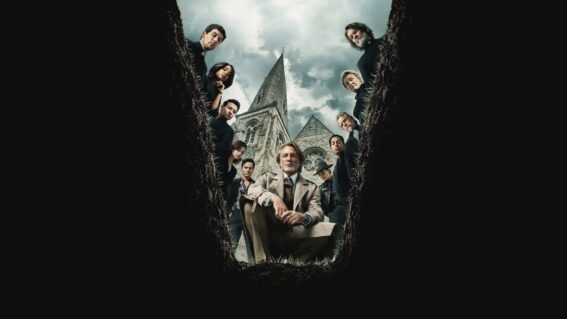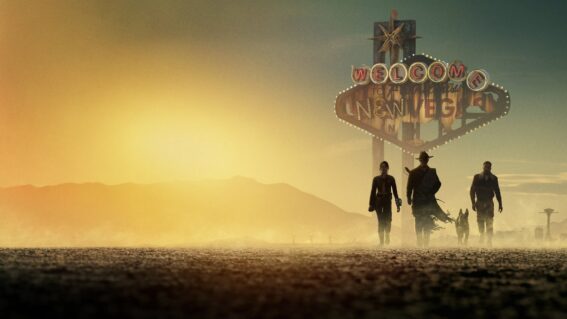The Smashing Machine may start a new era in The Rock’s career. Let’s hope it does.
Dwayne Johnson is brilliant in The Smashing Machine, devoid of his usual The Rock persona and delivering something more layered than anything he’s done before.
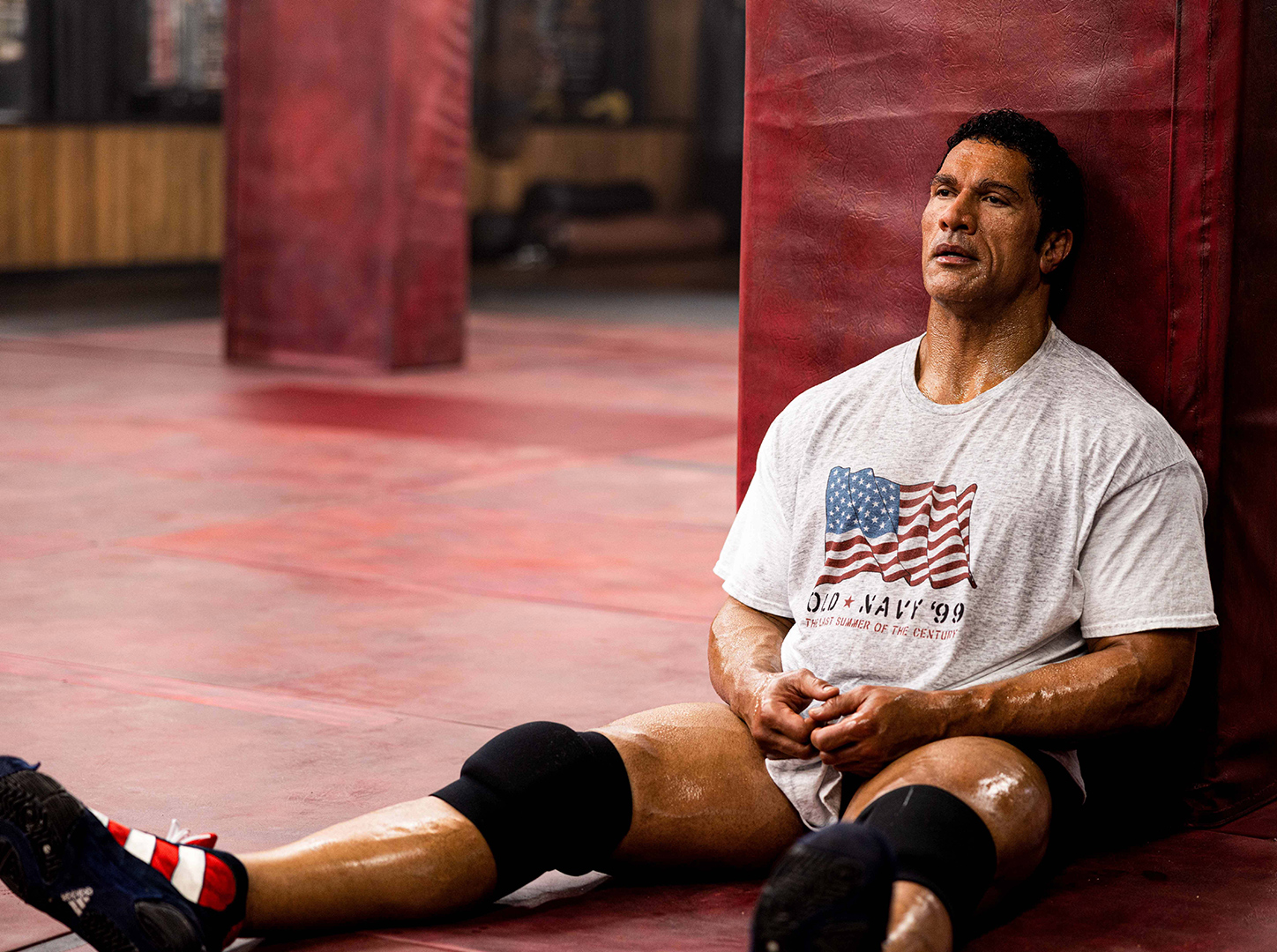
The Smashing Machine could be the start of a new phase in Dwayne Johnson’s career that delivers his best films with performances we didn’t know he was capable of. The new film from Benny Safdie, based on a cult documentary from the early 2000s about pioneering MMA star Mark Kerr, does a solid job of what dramas about professional fighters do—turn physical struggle into emotional allegory. But the usual triumph-and-pain template is grounded in more messy realism and moral ambiguity than usual, offering more subtlety for viewers to tease out than most biopics.
Helping it enormously is Johnson, who is brilliant, devoid of his usual The Rock persona and delivering something more layered than anything he’s done before.
Much has been made of Johnson’s ‘transformative’ turn and while we should be healthily cynical of the marketing element in that hype, it was kind of special seeing him weep at Cannes as a standing ovation followed the film’s premiere. It’s clear he wants to weep again on another stage in a few months, holding a little golden statue for this performance, which would be another momentous, previously unthinkable achievement in this man’s long and unique life story.
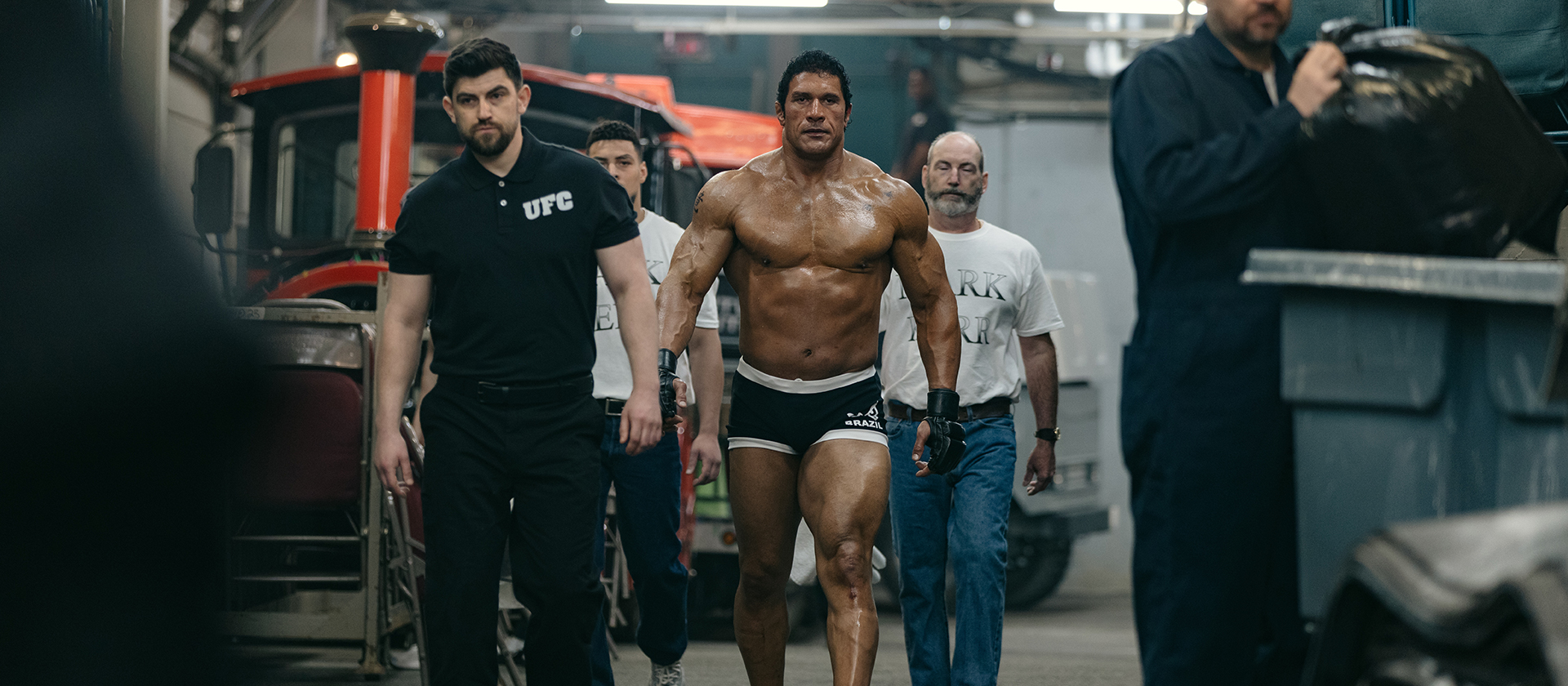
Despite having a famous WWF star for a dad, Dwayne was, for part of his adult life, dead broke. That was around the time he flamed out of a brief stint in Canadian gridiron football, before slowly but surely working his way up to being a WWE star in his own right in the ’90s. His subsequent accomplishments in the ring cannot be overstated—he is one of the greatest to ever do it. By the early ’00s, he was acting in films, starting out mostly with B-grade action, goofy comedic action, a few kids’ movies and one interesting but polarising Cannes competitor: Southland Tales.
A decade into his career, he lifted it to new heights by elevating two sequels in somewhat floundering franchises with 2011’s Fast Five and 2013’s G.I. Joe: Retaliation. That was around when Dwayne Johnson’s Hollywood star started to shine about as bright as it could have. By 2016, he was Forbes magazine’s highest-paid actor on the planet, something he’d achieve again in four subsequent years, when he was earning an annual average of about NZ$140M. He was also labelled the Sexiest Man Alive by People magazine, got a star on the Hollywood Walk of Fame, and the United States 1st Armored Division even named a tank after him.
But despite all that box office bankability and the outrageous ego he developed along with it, Johnson never managed to make a great film. Instead, he made average reboots of Hercules and Baywatch, below-average disaster flicks San Andreas and Skyscraper, and forgettable adaptations of children’s book Jumanji, Disney ride Jungle Cruise and ‘80s arcade game Rampage. By the 2020s, he was churning out awful algorithm-generated streaming content like Red Notice and Red One, as well as unsuccessfully trying to reshape the entire DC Universe around him with Black Adam. It might have been that humbling failure in particular that made him rethink things.
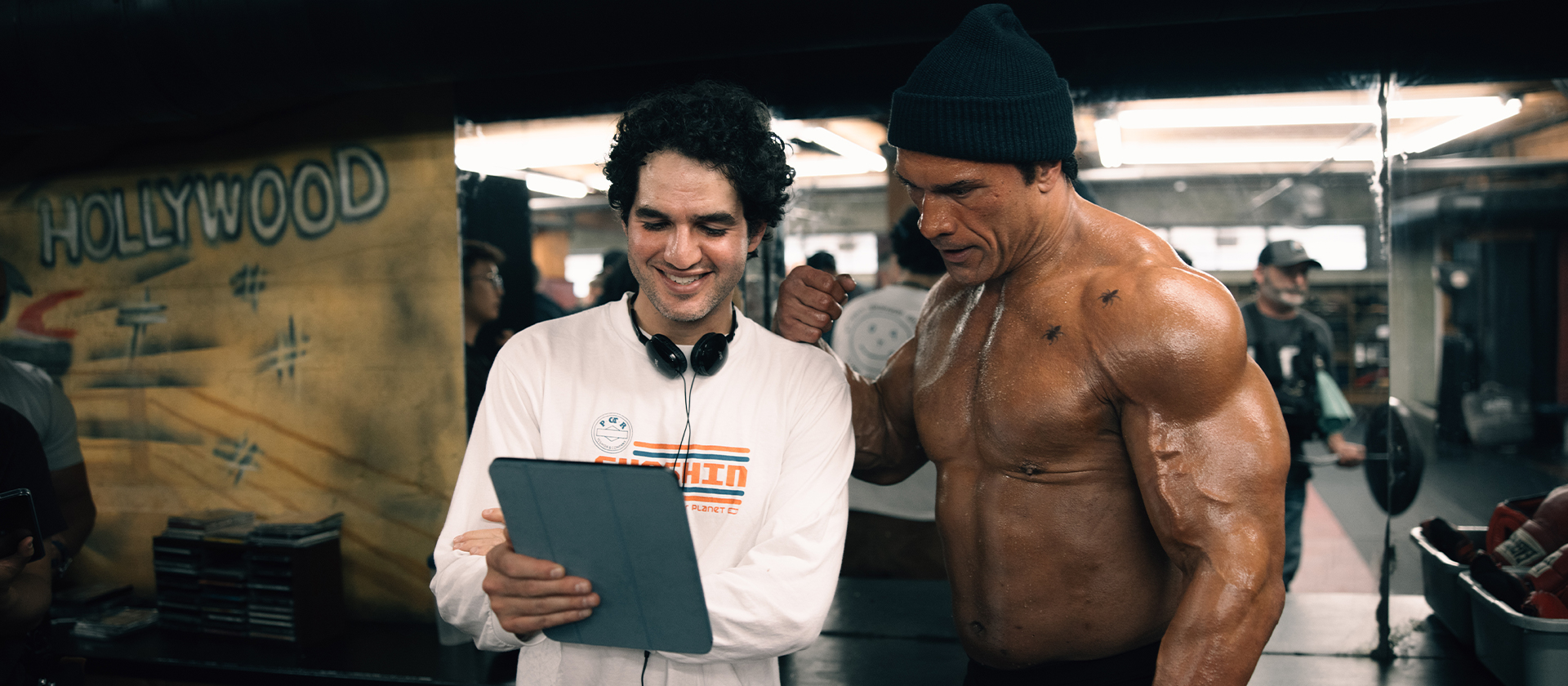
Johnson’s awards push for The Smashing Machine has been about as subtle as a chair shot to the face. The formula’s all there: appearance-altering prosthetics, anguished close-ups of him as a broken man in promo pics, and reinvention profiles in outlets like The New York Times. Those profiles paint him as feeling ‘unseen’ and even wondering whether he was really doing the work he wanted or just doing what the people around him wanted—a wild bit of self-reflection for someone who so meticulously engineered his own career.
His box office empire wasn’t luck, it was strategy. He actively developed most of his films from pre-production through post, with over 40 producer credits on his IMDb page. He’s also dished out “critics bad, fans (ie: money) good” responses to negative reviews.
Not anymore. Now he’s “not thinking about the box office number”, he told The Guardian. He’s no longer doing what those ‘people around him’ want, by which he surely means himself as the head honcho of Seven Bucks Productions, which built movies strictly around his personal brand and even contractually ensured he could never lose a fight.
Maybe he thinks we’ll forget all that. He’s probably right. This is the Trump era, after all, where accountability is obsolete. Still, beneath the hilariously blatant awards-baiting, Johnson really is great in The Smashing Machine. He probably won’t win the Oscar, but he probably will win a nomination, and he definitely could then work with other award-worthy filmmakers to make even better films.
As The Rock got lost in a few decades of punishing cinematic mediocrity, Dave Bautista swooped in and stole the crown of greatest wrestler-turned-actor. But The Smashing Machine shows the ref hasn’t counted to three just yet. Despite all the bullshit, Dwayne has an undeniable screen presence that is a big part of his enormous success. Now, he’s easing up on the ego enough to be properly vulnerable, and maybe has enough billions to do art for art’s sake.
Maybe. Or maybe this is the one interesting move he makes in this stage of his career, it gets him the awards buzz he’s after, then he makes Red Notice 2: Redder Notice and more of the same old shit.
The Smashing Machine may be the start of a new era in The Rock’s career. Let’s hope it is.





